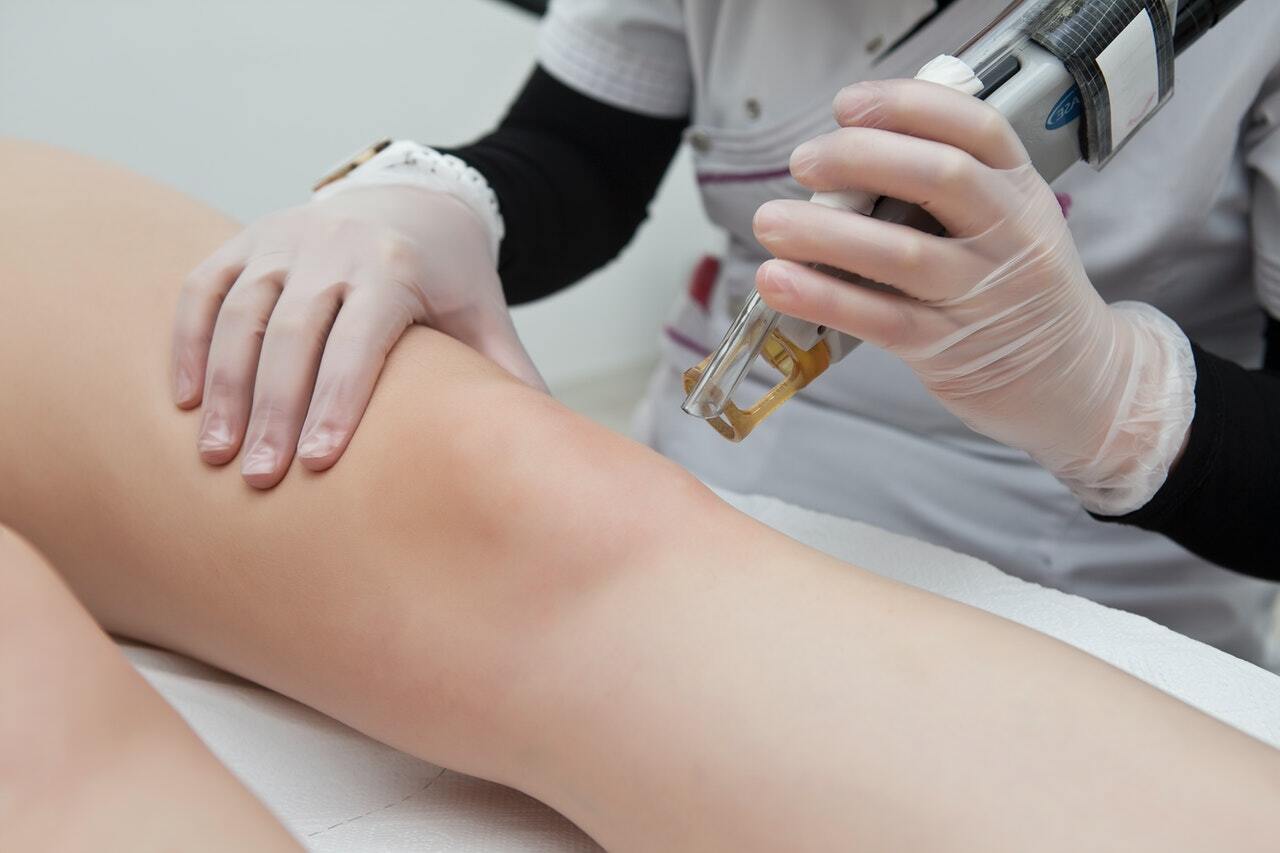
Ever wondered about the difference between sunblock and sunscreen? Both protect your skin from harmful UV rays, but they work in distinct ways. Sunblock acts as a physical barrier, reflecting UV rays away from your skin. Sunscreen, on the other hand, absorbs UV rays before they can damage your skin. Choosing the right one depends on your skin type, activity level, and personal preference. Some prefer sunblock for its immediate protection, while others like sunscreen for its lightweight feel. Understanding these differences can help you make an informed decision for your skin's health. Ready to dive into the details? Let's get started!
Understanding Sunblock and Sunscreen
Sunblock and sunscreen are often used interchangeably, but they serve different purposes. Knowing the difference can help you make better choices for your skin.
- Sunblock physically blocks UV rays by sitting on top of the skin. It often contains ingredients like zinc oxide or titanium dioxide.
- Sunscreen absorbs UV rays before they penetrate the skin. Common ingredients include oxybenzone and avobenzone.
- Sunblock is usually thicker and more opaque, making it visible on the skin.
- Sunscreen tends to be more transparent and easier to rub in, leaving less residue.
How They Protect Your Skin
Both sunblock and sunscreen protect your skin from harmful UV rays, but they do so in different ways.
- Sunblock reflects UV rays away from the skin, acting like a shield.
- Sunscreen absorbs UV rays, converting them into heat and then releasing them from the skin.
- Sunblock is effective immediately upon application, providing instant protection.
- Sunscreen typically needs to be applied 15-30 minutes before sun exposure to be effective.
Ingredients and Their Effects
The ingredients in sunblock and sunscreen can affect how they work and how they feel on your skin.
- Zinc oxide in sunblock provides broad-spectrum protection against both UVA and UVB rays.
- Titanium dioxide is another common sunblock ingredient, known for its gentle nature, making it suitable for sensitive skin.
- Oxybenzone in sunscreen absorbs UVB and short UVA rays but has been controversial due to potential health concerns.
- Avobenzone offers broad-spectrum protection and is often used in combination with other ingredients to stabilize its effectiveness.
Application Tips
Proper application ensures you get the maximum protection from your sunblock or sunscreen.
- Apply generously to all exposed skin, including often-missed areas like ears, neck, and the tops of feet.
- Reapply every two hours, or more often if swimming or sweating.
- Use a shot glass amount (about one ounce) for full-body coverage.
- Check the expiration date on your product, as expired sunblock or sunscreen may not provide adequate protection.
Choosing the Right Product
Selecting the right product depends on your skin type, activities, and personal preferences.
- Sensitive skin may benefit more from sunblock due to its physical barrier and fewer chemical ingredients.
- Active lifestyles might prefer sunscreen for its lighter feel and ease of reapplication.
- Water-resistant formulas are ideal for swimming or heavy sweating but still need reapplication.
- Broad-spectrum products protect against both UVA and UVB rays, offering the best overall protection.
Sunblock vs Sunscreen: The Bottom Line
Choosing between sunblock and sunscreen boils down to personal preference and skin needs. Sunblock offers a physical barrier, reflecting UV rays, while sunscreen absorbs them. Both protect against harmful UV radiation, reducing the risk of skin cancer and premature aging. For sensitive skin, sunblock might be gentler. Sunscreen tends to be lighter and less visible, making it a favorite for daily use. Remember to apply generously and reapply every two hours, especially after swimming or sweating. Whether you pick sunblock or sunscreen, the key is consistent use. Protecting your skin from the sun's harmful rays is essential for long-term health. So, grab your preferred product, slather it on, and enjoy the outdoors safely.
Was this page helpful?
Our commitment to delivering trustworthy and engaging content is at the heart of what we do. Each fact on our site is contributed by real users like you, bringing a wealth of diverse insights and information. To ensure the highest standards of accuracy and reliability, our dedicated editors meticulously review each submission. This process guarantees that the facts we share are not only fascinating but also credible. Trust in our commitment to quality and authenticity as you explore and learn with us.


